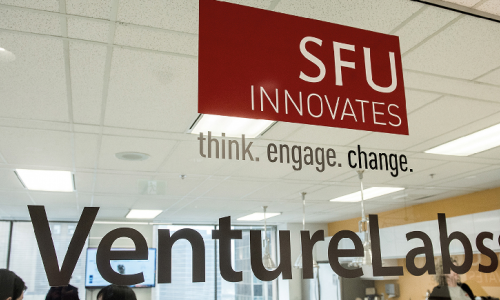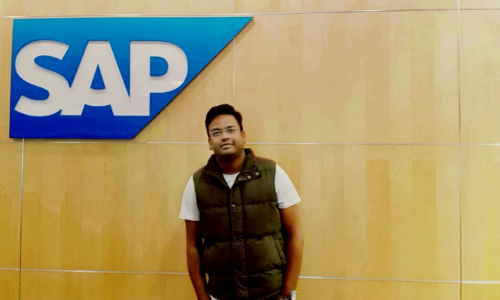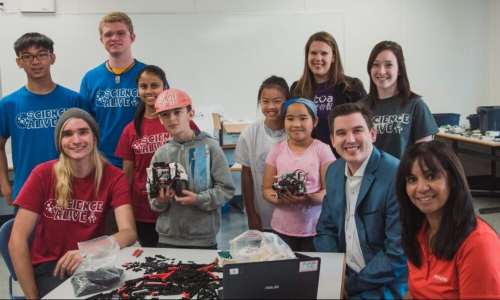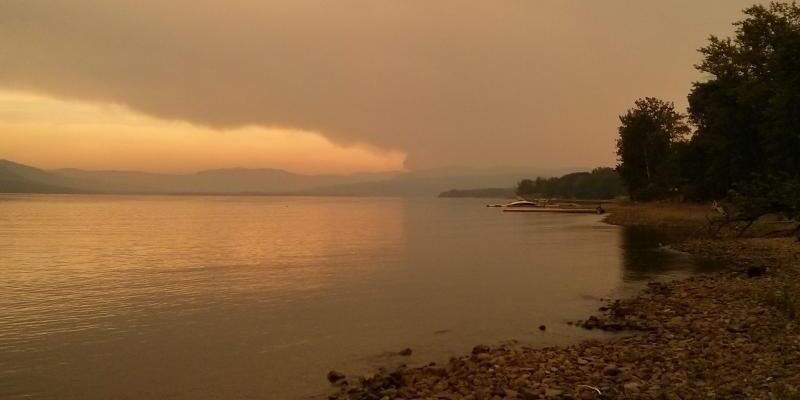
One of the most exciting things that we found out during those first days of training that seem so far away now, was that Science AL!VE also has an outreach program, and that we would get the chance to travel to Haida Gwaii and Northern BC, to teach workshops and camps in mainly First Nations communities.
Science AL!VE is part of ACTUA, a non-profit organization dedicated to educating the youth of all backgrounds in STEM. More accurately, it’s mission is: “to provide life-changing experiences in science, technology, engineering and mathematics (STEM) so that ALL youth can be inspired to achieve their potential and fulfill their critical role in the world.”
Members of the network of ACTUA develop programs designed to reach underprivileged youth, to close the gender gap that currently exists in STEM and motivate girls to pursue their interest in any of these fields, and to educate Aboriginal youth. Science AL!VE is particularly engaged with these last two objectives, offering the Nebula Girls Camp and the year-round AL!VE Girls Club, organizing many outreach trips throughout the summer, and teaching at the Vancouver Aboriginal Friendship Center.
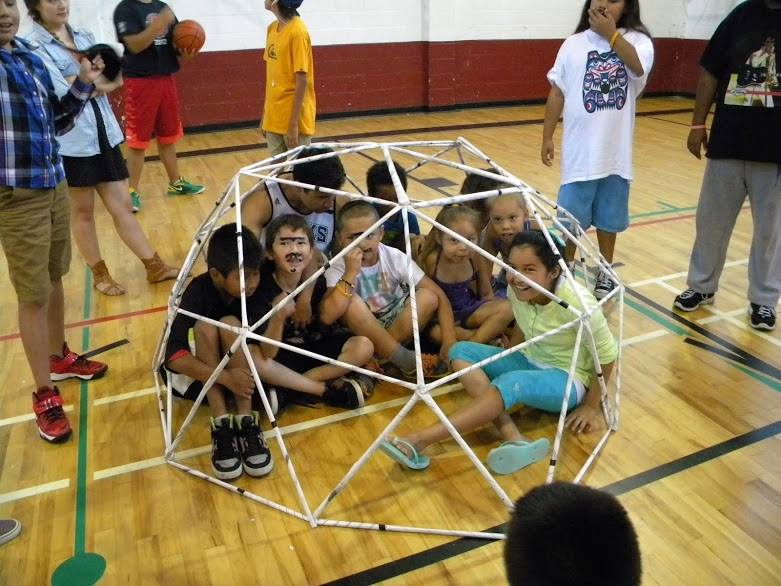
These outreach trips are also an amazing experience and learning opportunity for the instructors, and I consider myself very lucky to have had the chance to participate in the outreach program not only once, but twice. At the end of July, I taught one of the two weeks in which we contributed to the Vancouver Aboriginal Friendship Center Summer Camp, and in the middle of August, I left for two weeks with my colleague Morgan to instruct camps in Northern BC, in the First Nation communities of Moberly Lake and Halfway River, both relatively close to Fort Saint John. Beyond the importance of educating Aboriginal youth in the Sciences and having an overall impact in the community, these trips are an extraordinary experience for the instructors. Not only did I visit parts of BC and even Vancouver that under other circumstances I might have never gone to, but it was also a very welcome challenge to adapt my teaching skills to different communities, environments and circumstances. During outreach, the instructors were responsible for almost every part of camp: interacting with parents, setting up the open house to showcase the camp’s take-home projects and other activities, ensuring that all necessary materials and supplies are available, and dealing with all sorts of logistical issues and surprises. The week is more intense, but also much more satisfying, and at the end, you can enjoy a true sense of accomplishment.
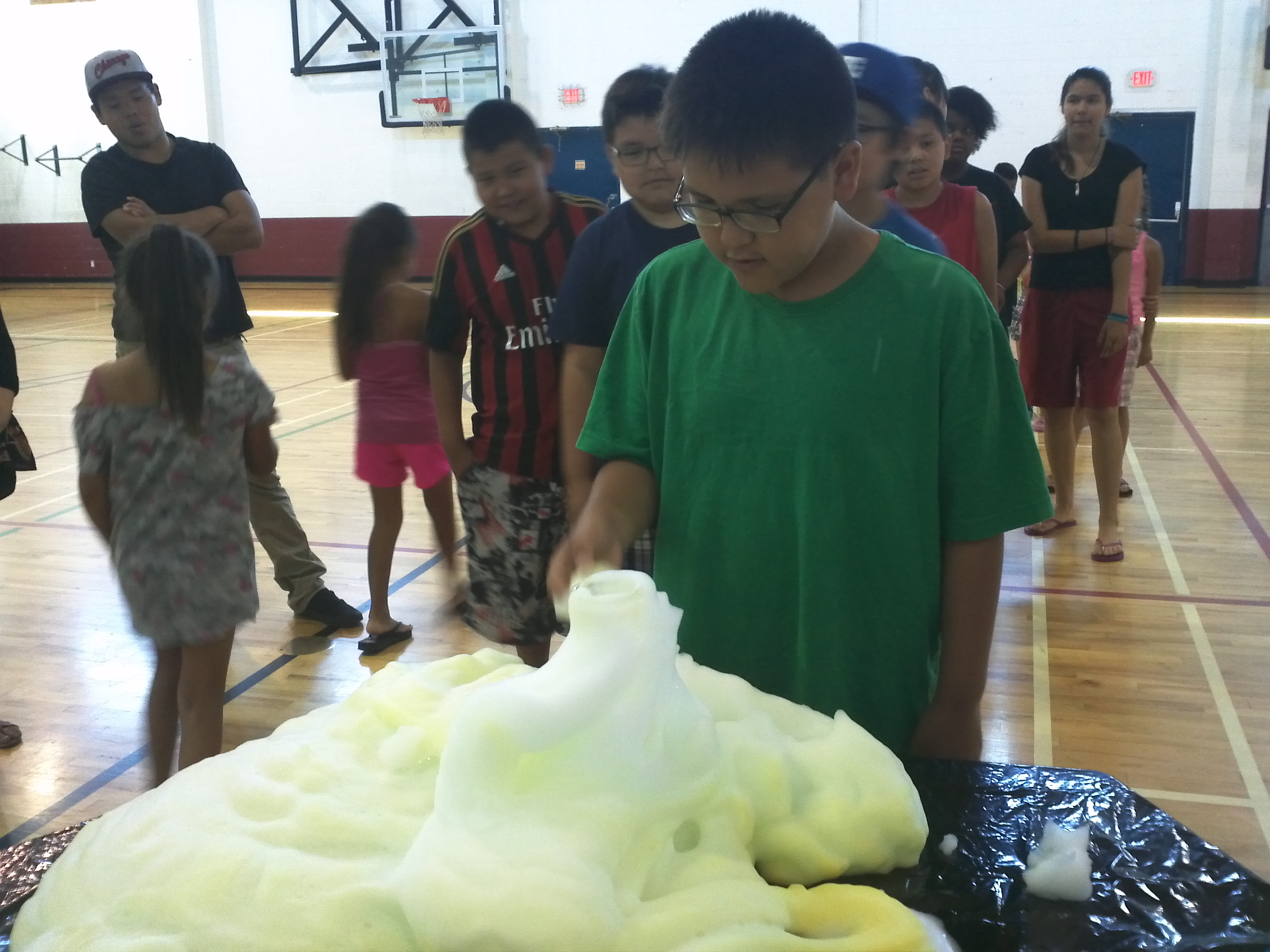
It was wonderful to learn more about each community and the different aspects of First Nation communities. Now I have only had a glimpse, but at least I know how much it is for me to learn and think about. Not only was it interesting to talk to and work with our campers and their families, but we were also hosted, for half of the time, by one of the managers of the community hall and the youth program. Thanks to our host, we also had the opportunity to enjoy Moberly Lake. We went kayaking and swimming as much as we could, and we also had a taste of how it would be like to live at its shore. All in all, a two-week trip to Northern BC and a one-week visit to the VAFC provided for a lot of good memories and thoughts to review later.
Beyond the Blog
- This series was originally published on the Science Alive Blog, please visit their site for more stories like Lea's.













